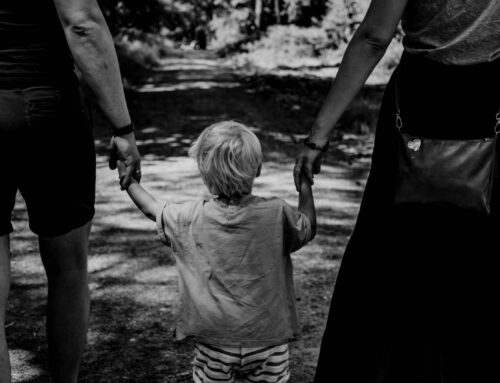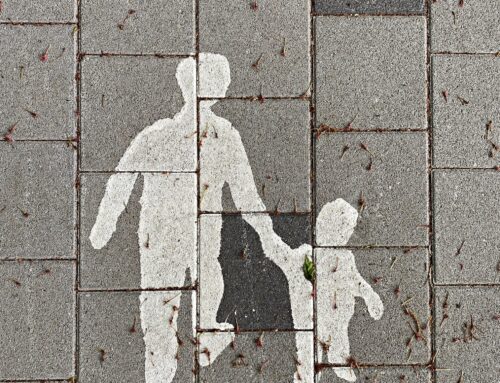One of the biggest concerns parents have about getting divorced is how the divorce will affect their children. Divorce is a significant loss and stress for all members of the family. In general, most children can adjust well within one or two years post-divorce. Most children do not experience permanent disruption nor long term psychopathology as a result of divorce. Parents can have a significant impact on their children’s divorce adjustment; an impact that is either positive or negative. Let’s look at what children need to adjust well and remain focused on growing up, and what parents can do to support them.
Children need to focus on playing, experimenting, experiencing, learning, and relating in order to become the successful, secure, independent, capable, well-adjusted adults that parents want them to be. Becoming such an adult involves learning a variety of important skills that allow adults to manage themselves, relationships, and life challenges in healthy ways. These skills involve emotion regulation, flexible thinking, executive/planning functions, and empathy. When children are secure in their relationships to parents and their lives are predictable and consistent, they feel safe enough to develop these skills from exploring life experiences.
Enter a divorce. A divorce will likely involve some stressful changes, like a transition to two homes, not seeing both parents every day, and possibly financial or lifestyle changes. Children can resiliently rebound from these transitions under the steady guidance of their parents. The two main contributors to a child’s divorce adjustment are the strength of the parent-child relationship and the degree of conflict between parents.
The parent-child relationship can become compromised in several ways. A child might feel the loss of one parent due to a move or significant loss of parenting time. Parents may become less adequate and effective as parents, related to the parent’s poor stress management and emotional upset. A parent may become distracted, less available physically and/or emotionally, or may parent differently out of exhaustion or guilt.
When parents experience high levels of conflict with each other, children experience a high level of threat. A child’s brain reacting to threat will go into survival mode, commonly known as “fight-flight-freeze.” When the brain is in survival mode, the thinking, learning brain goes “off-line.” The child’s ability to be open to new experiences and learn from those experiences shuts down. The child’s world becomes small and insecure. Children may exhibit anxiety, agitation, aggression, distraction, impulsiveness, and/or under-developed empathy in response to high parental conflict.
No parent wants this for their child. So what can parents do to protect their child and promote the child’s healthy divorce adjustment? Keep conflict low with your co-parent and stay focused on your child’s needs and interests. Work at building a strong and secure relationship to your child. Manage your own stress so that you can show up in a consistent and present way with your child. Prioritize keeping conflict low with your co-parent. Skills that will help you with conflict management include managing emotions, creating new boundaries and structures in your relationship as co-parents, learning effective communication and conflict management skills, and understanding what your child needs from you and how they need to experience the divorce. This is a tall order, and no small task, when parents are so stressed and emotional themselves.
Parents don’t have to go it alone! Co-parent coaching is an excellent source of support and information for parents who are committed to transitioning to a healthy working relationship with the other parent so that their children won’t suffer. Co-parent coaching educates parents on the difference between a spouse relationship and a co-parenting relationship and helps parents create the new structures and boundaries needed to interact well on behalf of their children. Coaching also teaches parents skills for managing strong emotions, listening, communicating, and finding common ground and reaching agreements. These skills are invaluable to parents and make all the difference for children. Parents mean well, but often just don’t have a road map for how to relate in a different way to their former spouse. Add that each parent is experiencing their own pain, loss, and stress, and it becomes a lot to manage. Sadly, children can become collateral damage. Educating parents on the high cost to children of their conflict, in combination with compassionate support, direction, and skill building sets parents on an effective course toward a healthy two-home family.
Divorce is a painful loss and stressful time for all. However, pain and transition do not need to turn into long term maladjustment for children. Children can adjust, rebound, and even develop new resiliency skills in the process; IF they can count on the steady and consistent guidance and support from both of their parents, who are able to prioritize their love for their child above their animosity toward each other. Get the help and support you need to transition well into co-parents. The investment in your child’s healthy adjustment is invaluable.






